Saving democracy also requires action at home
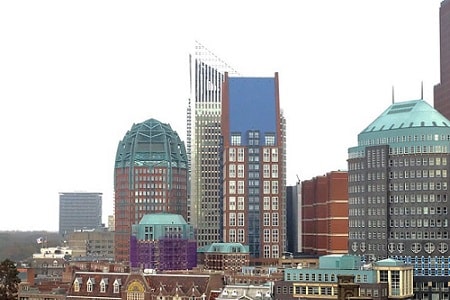
On 9 and 10 December, US President Biden will hold his Summit for Democracy. It is good that Biden is drawing full attention to the democratic rule of law. After all, it is under pressure worldwide. The Netherlands is attending and our outgoing prime minister is expected to contribute. This offers our country a unique platform to stand up for democratic rights worldwide. As representatives of civil society organisations, we make a number of suggestions in this open letter.
North Macedonia with Thijs Reuten
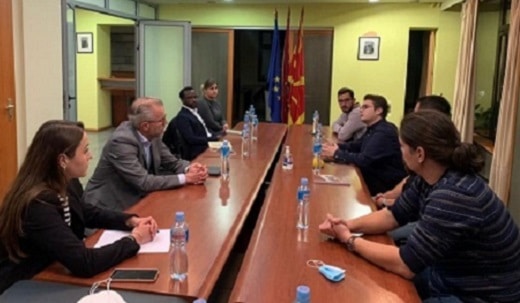
North Macedonia with Thijs Reuten
On Sunday 31 October, the FMS travelled with Thijs Reuten, MEP (PvdA) to northern Macedonia for a three-day working visit to various civil society organisations, students, our sister party, other parties and political foundations. This trip took place at a politically turbulent moment: Zoran Zaev had resigned as prime minister because his party had lost the local elections. With this working visit, we wanted, among other things, to show our solidarity and demonstrate that northern Macedonia and the rest of the Western Balkans are not alone. Indeed, Thijs Reuten is in the European Parliament dealing with the Western Balkans, asylum and migration, human rights and rule of law and the community of values within the European Union.
EU cannot let migrants at the Belarus-Poland border down any longer
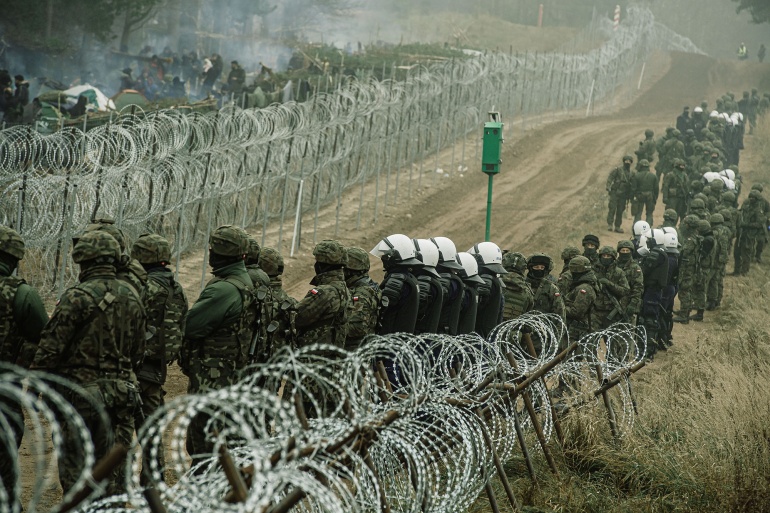
As the nights grow longer and colder, the dangerous situation at the border between Belarus and Poland intensifies. Hundreds, or maybe thousands, of migrants huddle together on the border in hopes of crossing over to Poland to reach the EU. This is a result of a ploy by Belarus's President Lukashenka to fly out migrants from the Middle East and Africa to Minsk with promises of guiding them towards EU territory.
Fighting for our democratic values
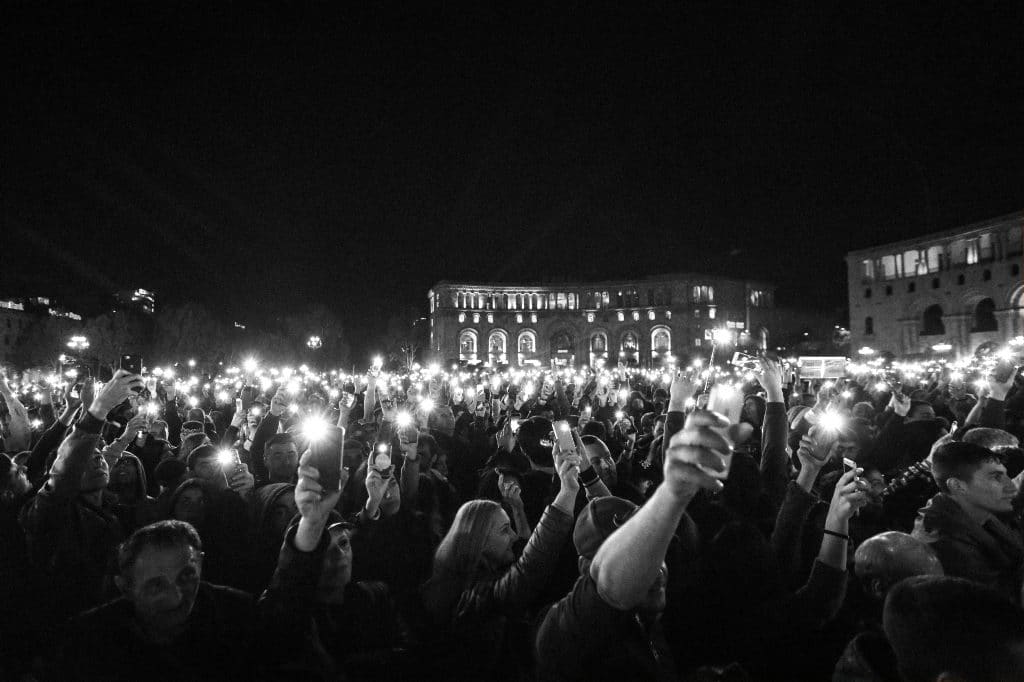
In the summer of 1988, as a 19-year-old history student, I visited Berlin. The wall divided the city and in my mind there was only room for the East-West world, in which we lived.
EU needs to condemn and tackle pushbacks more forcefully

The noises about so-called 'pushbacks' at Europe's external borders are getting louder and louder. Meanwhile, there are countless stories of refugees being harshly stopped, and even sent back, after they have already set foot on European territory. At a time when the EU expresses great concern about the many refugees trying to reach the EU via Belarus, it is all the more important to be aware that these refugees too are entitled to a fair asylum procedure in Europe. Repressing them with illegal methods should thus be out of the question.
Policy coherence: Still not a central part of the 2022 state budget
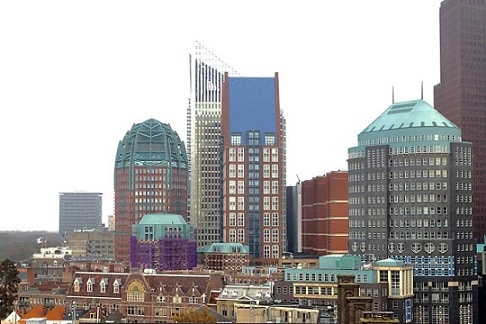
Last Tuesday was Budget Day, the day when the Cabinet traditionally presents the budget for the next year. Due to its caretaker status, the Cabinet was forced to present a policy-poor budget. This was not only reflected in the speech from the throne full of hollow words, but also reflected in the budget for Foreign Trade and Development Cooperation (BHOS), where the 0.7% norm, the spending of 0.7% of GNI on development cooperation, is once again not met and remains stuck at 0.53%.
Total(e) escalation in Mozambique
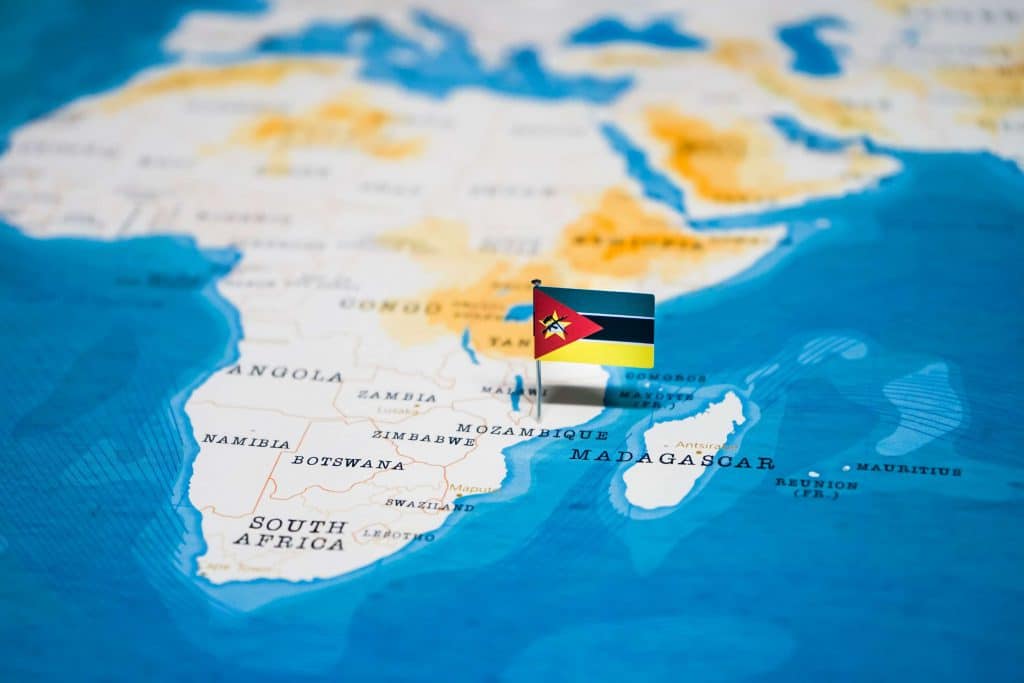
For three months now, many Mozambicans have been trapped in the northern province of Cabo Delgado. Since the militant attack on the important port city of Palma by Al-Shabaab on 24 March, which killed dozens, people have been stuck, without food with a constant threat of danger around them. Near Palma is Africa's second-largest lng conversion plant owned by French oil company Total. Since then, 20,000 people have set up camp near the company's fences. The Netherlands also has a link to this province. Through export credit insurer Atradius DSB, the Netherlands insures billions of euros from a Dutch company participating in gas extraction projects in Mozambique.
A minimum tax rate for businesses: is this G7 plan the right one?
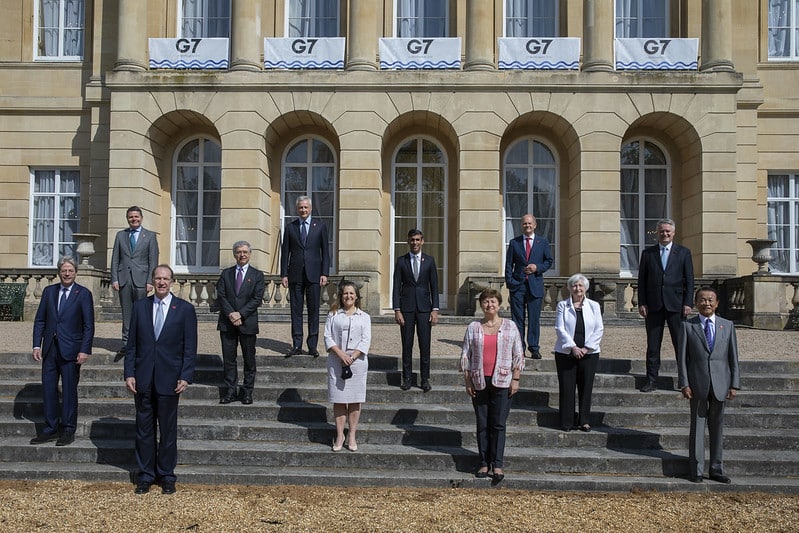
"A tipping point", "historic agreement", and a "sweeping overhaul of global tax system": last weekend, on 5 June, the finance ministers of the G7 countries reached an agreement on a minimum tax rate of 15% for companies. For years, the risk of a 'race to the bottom' has been lurking, with countries competing with ever lower taxes and ways to evade tax. All for a good business location climate for companies. Such a minimum tax rate is likely to stop this development. Yet not everyone is reacting positively to the agreement.
Online climate summit in the Netherlands: biggest problem remains unsolved
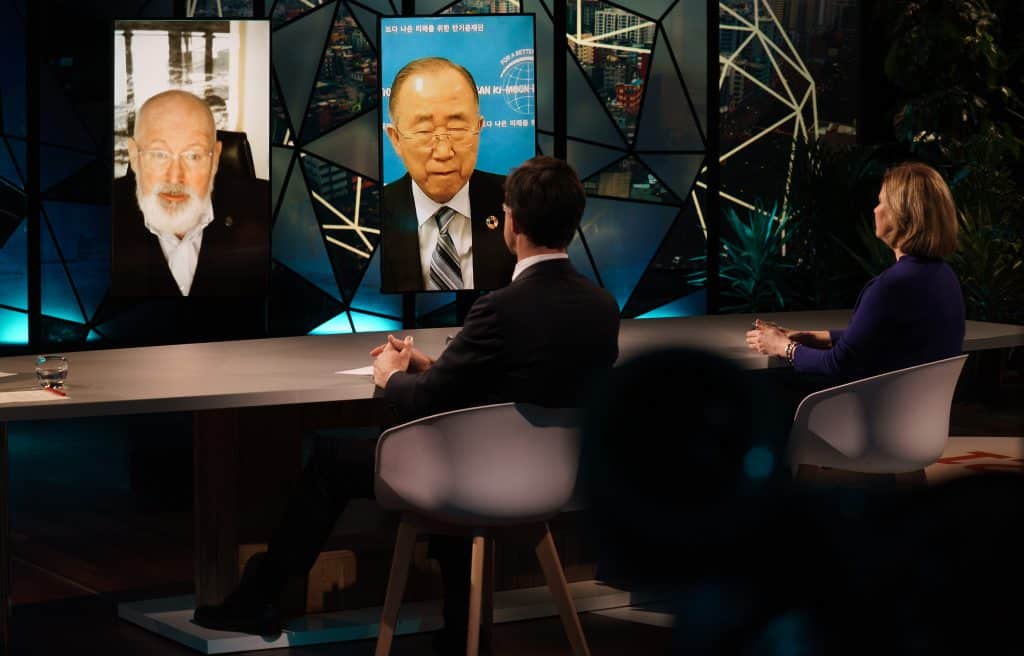
Last week, the Netherlands hosted the first ever Climate Adaptation Summit: a meeting with world leaders, companies and organisations on climate adaptation. Good steps were taken, but a critical look at results of the summit reveals that the biggest problem - climate finance - remains unsolved.
Romania: Sluggish start to new government
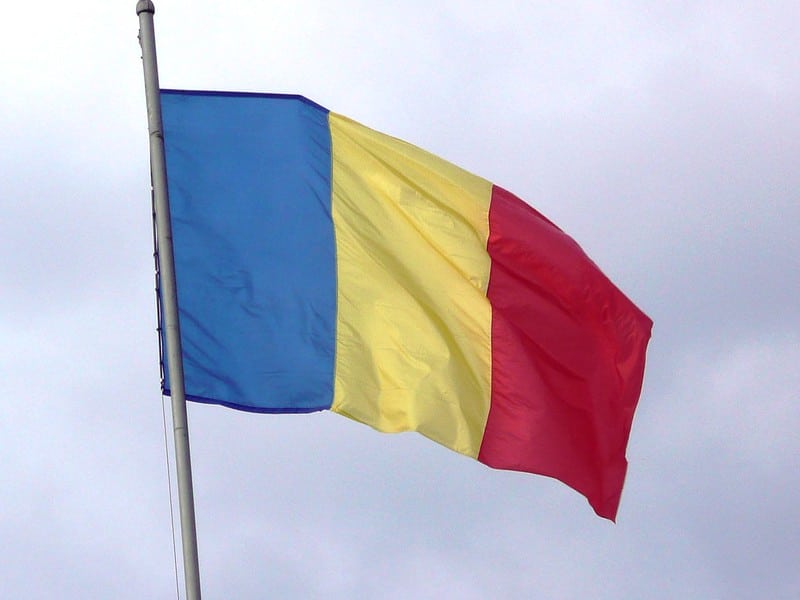
While corona vaccinations in Romania are running smoother than expected, ambitious plans by the government are lagging behind. A lot of European money needs to be spent in the coming budget period, but it is uncertain whether there is the administrative capacity to do so. And then Romania is also still struggling with corruption.

